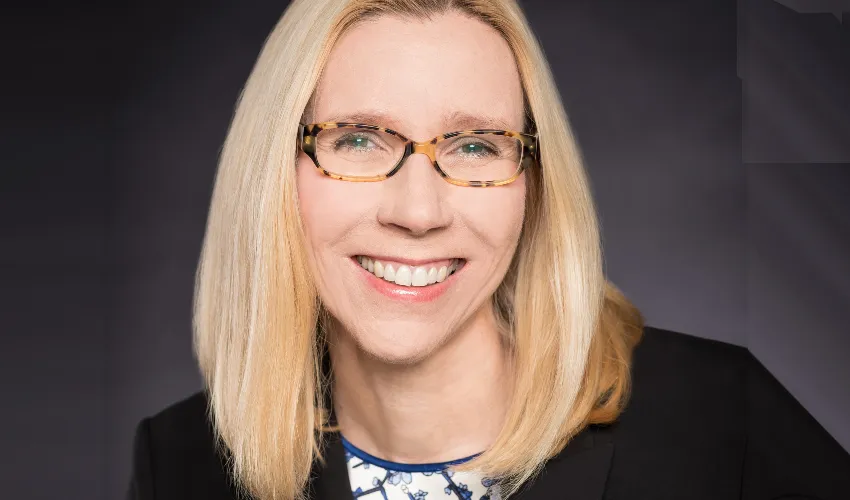
Sonja Opper Is the New De Agostini Endowed Chair in Corporate Strategy
Collaboration between De Agostini and Bocconi University is at the roots of the new De Agostini Endowed Chair in Corporate Strategy, with the support of the De Agostini Group, one of Italy's largest family-owned companies, of which Marco Drago, Bocconi Alumnus of the Year 2001, is Chairman Emeritus.
The chair entrusted to Sonja Opper, full professor in Global Strategy and Institutions, a Bocconi professor since 2020, will be inaugurated today at 6 p.m. with the lectio Where Foreign Firms Thrive: the Long Shadow of History, in which Opper, based on her studies of emerging markets, will focus on some often overlooked factors underlying the success of firms abroad.
History, Opper argues, has shaped local culture. Entrepreneurial talent is not the product of rules imposed from above. Rather, it is a set of shared beliefs, norms and expected behaviors passed on and acquired over several generations, stemming from a long tradition of openness that may date back to even several centuries ago. Indeed, formal institutional reforms and pro-business policies are unlikely to be enough, without supporting local cultural norms and social beliefs, to sustain a dynamic economy. "If I wanted to do business in a developing country, I would look for places where there has been a long and uninterrupted history of contact with foreigners," says Sonja Opper. "Besides, I would need the right network to identify and exploit local business opportunities."
Other speakers at the event, in addition to Andrea Sironi and Francesco Billari, president and rector of Bocconi, respectively, and Marco Drago, will be Paolo Basilico (Samhita Investments, formerly Kairos), Vittorio Colao (General Atlantic), Elena Goitini (BNL BNP Paribas), and Paolo Scaroni (Rothschild).
"Continuous drive towards innovation and international growth are the two pillars that unite Bocconi and De Agostini and that led us to establish this chair thanks to a generous endowment from the Drago-Boroli families," says Francesco Billari, rector of Bocconi. "Faced with the increasingly complex challenges of research and higher education, universities, companies and institutions must increasingly work together to understand new paths for development and educate future generation that will have to act to improve our society."
De Agostini has chosen to support the De Agostini Endowed Chair in Corporate Strategy because the research topics sum up the course of the De Agostini Group under the leadership of Marco Drago - 25 years as chairman and more than 50 years in the company - who has been able to make the Group management-driven, diversify its activities and internationalize its business areas, from the Novara-based publishing company to a world-famous Group. The De Agostini Group's organization and governance model is recognized today as an example of excellence in Corporate Strategy, hence the idea of establishing the chair and naming a lecture room within the new Bocconi campus after Marco Drago, a model of inspiration and guidance for all those who will study at the business school.
"It is a source of great pride for me to inaugurate the new Chair in Corporate Strategy within my Alma Mater, which has seen me as a student, alumnus and now donor of a Chair that unites research and study and will disseminate to the students of the university on issues that are dear to our Group and that have guided its growth and development over the years," says Marco Drago, Chairman Emeritus of De Agostini S p.A. "In more than 120 years of history, our company has grown to become an industrial and financial holding company, global and diversified, with a transparent governance and a shared strategy that have allowed us to undertake a strong process of renewal, while always remaining loyal to the fundamental principles of enlightened family entrepreneurship. I would like to thank Sonja Opper who has taken over this Chair, which for us represents a synthesis of the path taken by our Group, our friend Andrea Sironi and Francesco Billari with whom we will cooperate to support the younger generations and their education, as well as Gianmario Verona with whom we have started to discuss these issues."
The research areas
The activity of the DeAgostini Chair will focus on four main interconnected subjects.
|
|
|
|
|
|
|